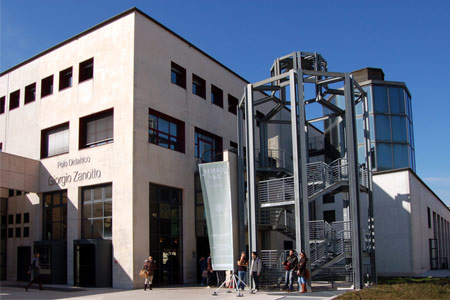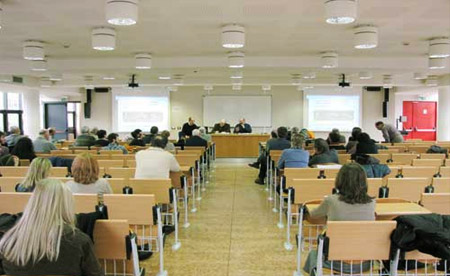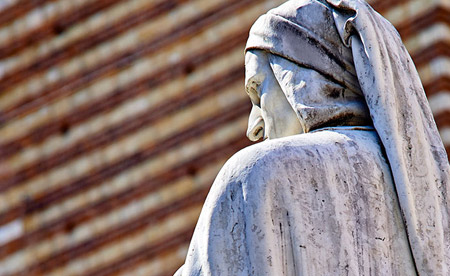Learning outcomes
Introduction to the subjects: what’s diplomatics? What’s a diplomatic document? The basic forms of the document. Reading, exegesis, dating, transcription of the documents. Moreover, the course intends to suggest some standing points and critical reflection tools about structures and specific languages of medieval documentary sources, with particular attention to dynamics that qualify sources production in changing phases of political and institutional systems.
In the course will be analyzed, by means of texts reading and commentary, the chief typologies of medieval documentary sources, with special attention to relations between documental practice, laws and justice. An adequate knowledge of institutional medieval history and latin is required.
Reference books:
G. Nicolaj, Lezioni di diplomatica generale. I. Istituzioni, Roma 2007
P. Cammarosano, Italia medievale. Struttura e geografia delle fonti scritte, Roma 2000
A. Cappelli, Cronologia, cronografia e calendario perpetuo, Milano [1998]
Special schedules for not regular attenders have to be drawn with the teacher.
The oral examination aims at evaluating the student's knowledge, with special reference to the classification of charters discussed during the lectures and to the general aspects of diplomatics (cf. the Companions in the Syllabus).
The oral examination aims at evaluating the student's knowledge, with special reference to the the cases of study discussed during the lectures (above all morphological aspects of public and private charters produced from Late Antiquity to the Middle Ages); general knowledge of the companions in use will be checked, as well.







